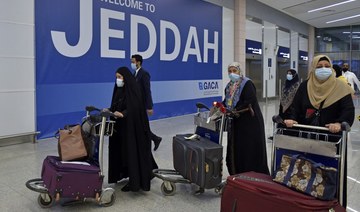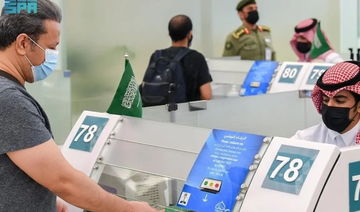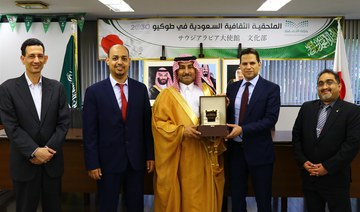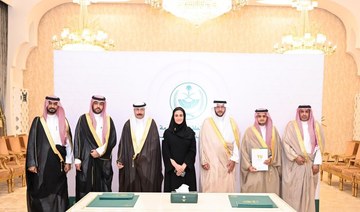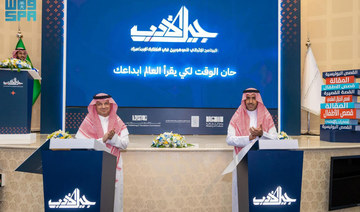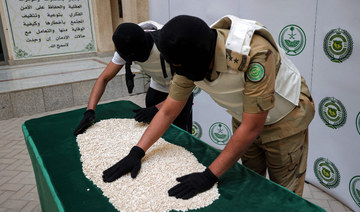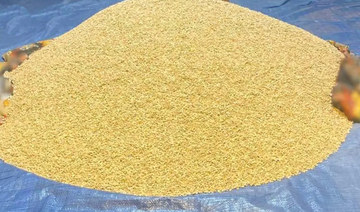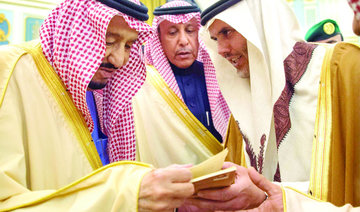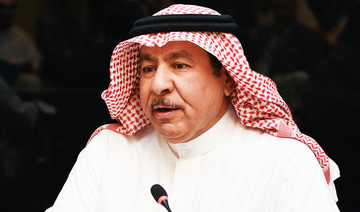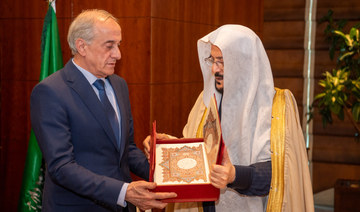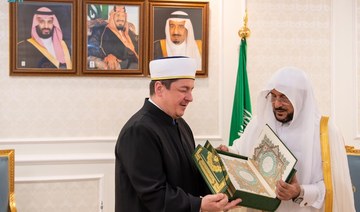RIYADH: Expatriate workers in Saudi Arabia on Thursday welcomed official calls for the fees businesses pay to hire foreigners to be revised so that they are proportionate to employees’ wages.
However they said that the fees expatriates themselves have to pay for dependents who live with them in the Kingdom should also be reviewed so that they, too, are wage proportionate.
The proposal for proportionate fees came this week from Hazza Al-Qahtani, a member of the Shoura Council. He said that the charges have become an obstacle to growth for small and medium enterprises in the Kingdom and need to be reviewed to help reduce their operating costs and ensure growth and sustainability.
In January 2018, Saudi Arabia introduced a fixed monthly fee, payable when a work permit (iqama) is extended, of SR400 ($107) for each foreign worker a business hires. It was reduced to SR300 for those that employ at least as many Saudis as expatriates. It increased to SR600 or SR500 in 2019 and to SR800 or SR700 last year.
Sultana Al-Badawi, also a member of the Shoura Council, said SMEs are facing challenges because of the financial burdens imposed on them and the administrative requirements dictated by a number of official bodies. She called for a review of procedures and an assessment the impact they have on the establishments.
Expatriates in the Kingdom said that they hope the fixed fees that they have to pay for their dependents living in the Kingdom will also be reviewed and made proportional to their wages.
Faiz Al-Najdi, a Pakistani expatriate working in Yanbu told Arab News: “What I understand is that it is a proposal to provide relief to the SMEs, which as of this year have to pay SR800 for each foreign worker before renewal of the iqama.”
But, he added, this will not provide any financial relief for the expatriate workers themselves, who have to pay SR400 a month for each family member living with them in the Kingdom. “It would be indeed a great relief to them if this levy is reduced or made proportional to income,” said Al-Najdi.
Raafat Aoun, a Lebanese national living in Jeddah, told Arab News that he has been waiting for almost two years for an announcement that the dependent fees will be abolished or reduced.
“It is good that a Shoura Council member is proposing to make expatriate fees proportional to income, but it should be both for companies and the expatriates who are paying for family dependents,” he said.
He said that both fees are huge financial burdens and added: “It is affecting the business of the SMEs. It is also not viable for expatriates to keep their families in the Kingdom. Decisions to reduce it or make it proportional to income will surely energize business activities and so add to the gross domestic product of the Kingdom, though I would prefer the expatriates fee to be abolished.”
Mohammad Arshad Ali Khan, a teacher at International Indian Public School in Riyadh, also welcomed the proposal.
“Saudi Arabia is a second home for all expatriates and we are looking for a favorable humanitarian decision from the Kingdom of humanity, which is undergoing changes as part of Crown Prince Mohammad bin Salman’s ambitious economic and social reforms,” he told Arab News.
Expats in Saudi Arabia welcome call for business fees for hiring them to be proportionate to wages
https://arab.news/9sp5b
Expats in Saudi Arabia welcome call for business fees for hiring them to be proportionate to wages
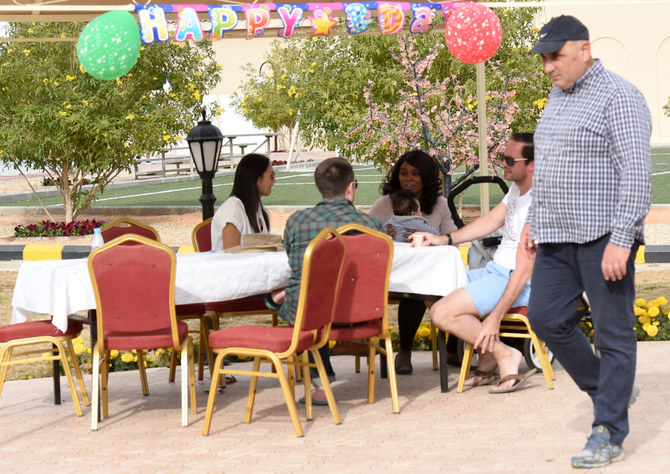
- However they say the proposal by a Shoura Council member should also include the monthly fees they pay for dependents
World’s largest Arabic opera opens in Riyadh
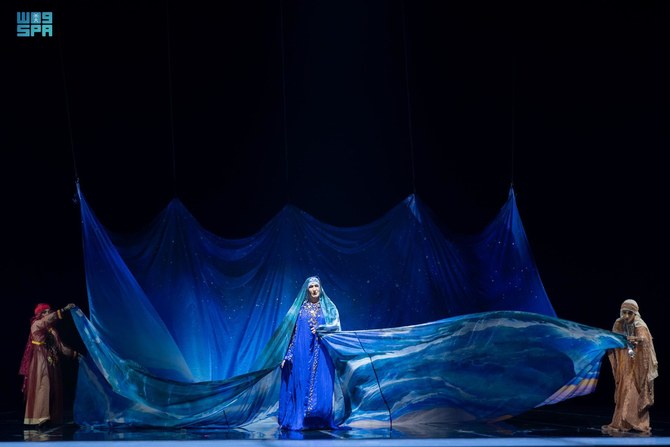
- The opera was produced by the Saudi Theater and Performing Arts Commission
RIYADH: “Zarqa Al-Yamama,” the world’s first and largest grand opera in Arabic, made its debut at the King Fahad Cultural Center in Riyadh, taking the audience on a lyrical journey through one of the best-known folkloric tales in the Arabian Peninsula.
The opera was produced by the Saudi Theater and Performing Arts Commission, and will run until May 4, telling the story of the central character’s attempts to warn her Jadis tribe of an imminent invasion.
Saudi chemistry duo add to KSA medal haul
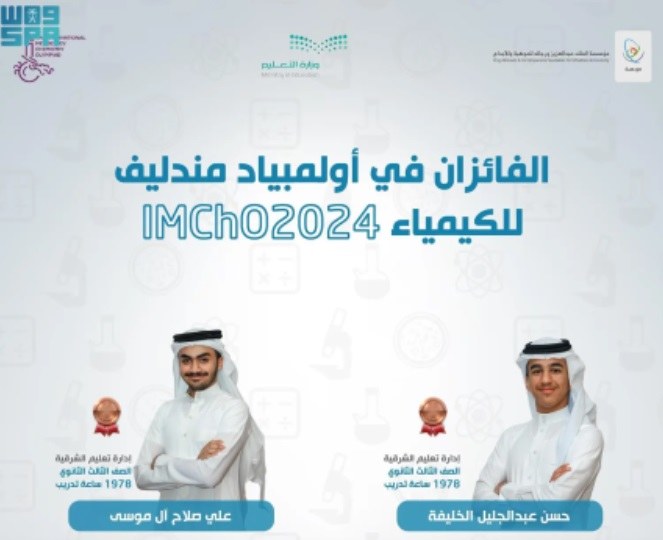
- Team members were selected by Mawhiba
RIYADH: Two Saudi students have added to the Kingdom’s medal haul at the 2024 Mendeleev International Chemistry Olympiad being held in China from April 20-27.
Hassan Abdul Jalil Al-Khalifa, a third-grade secondary student from the Provincial Department of Education, Eastern Province, and fellow student Ali Salah Al-Moussa claimed bronze medals at the competition, lifting the Kingdom’s overall tally to three silver and 20 bronze.
More than 150 students from 27 countries are competing at the 58th session of the Olympiad.
Saudi Arabia is represented by a team of six students from several educational institutions.
Team members were selected by the King Abdulaziz and his Companions Foundation for Giftedness and Creativity, also known as Mawhiba.
Students were chosen after attending a series of forums over the course of two years, and were trained by Mawhiba, in partnership with the King Abdullah University of Science and Technology.
Saudi deputy minister of interior heads delegation at first conference to combat drug trafficking
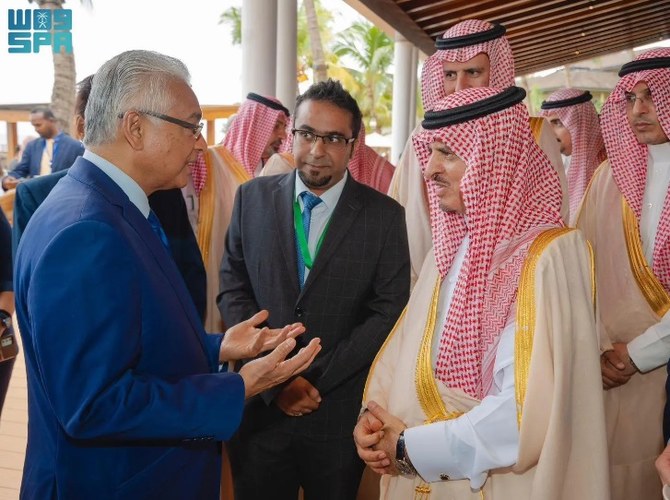
- Kingdom’s participation in the conference was an extension of its efforts in the war on drugs
MAUTIRIUS: Dr. Nasser bin Abdul Aziz Al-Dawood, Saudi deputy minister of interior, headed the Kingdom’s delegation participating in the first conference to combat drug trafficking and substance abuse, held in Mauritius, which concluded on Thursday.
Al-Dawood said that the Kingdom’s participation in the conference was an extension of its efforts in the war on drugs, monitoring and diagnosing their effects and harms, and strengthening international cooperation procedures and information exchange to combat the activities of organized crime networks in general, and drug crime in particular.
Cultural Communication Center holds human communication diwaniya
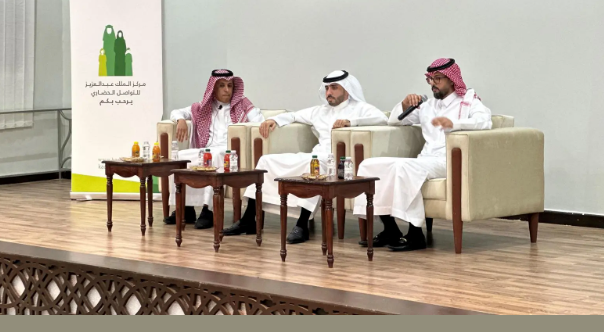
- The diwaniya tackled three themes
SAKAKA: The King Abdulaziz Center for Cultural Communication in cooperation with Al-Jouf Youth Association, held the Cultural Communication Diwaniya “Basic Pillars for Human Communication in the Kingdom” in Sakaka on Thursday.
The diwaniya tackled three themes: the ethics of human communication; the dimensions of human communication according to Vision 2030; and human communication according to international law.
Abdulaziz bin Abdulwahad Al-Hamwan, the center’s supervisor in Al-Jouf, said the goals of diwaniya were to “enhance national and human communication, consolidate the values of national cohesion, and spread the culture of human communication skills among beneficiaries.”
Minister of Islamic affairs holds meeting to discuss this year’s Hajj season
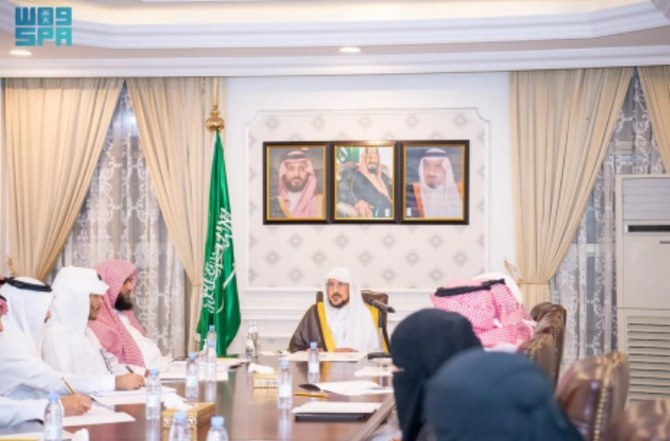
- Focus on various volunteering opportunities
RIYADH: Saudi Minister of Islamic Affairs, Dawah and Guidance Sheikh Abdullatif Al-Asheikh held a meeting in Jeddah on Thursday to discuss the ministry’s activities and projects during this year’s Hajj season.
The meeting was held in the presence of the ministry’s undersecretaries, the directors general of the ministry’s branch in the Makkah region, and the secretary-general for Islamic awareness in Hajj, Umrah and visitation, as well as several other officials.
The minister focused on the most prominent ongoing projects, and progress in the preparation of the ministry’s facilities and services, including the mosques at the holy sites, the central area in Makkah, and activities provided by the ministry.
He looked at the importance of volunteering opportunities during this year’s Hajj season, and following up on special projects at the mosques and holy sites that serve pilgrims during this year’s Hajj.



